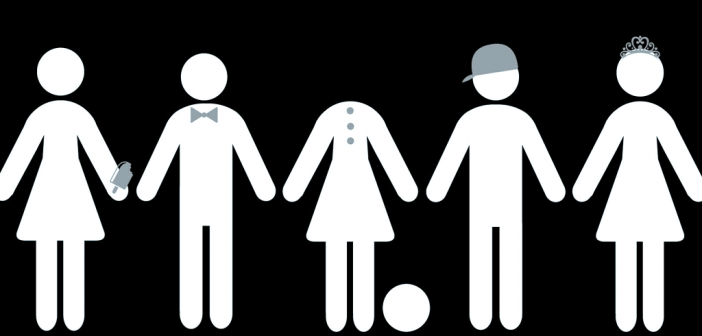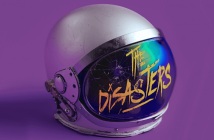“Welcome to Another Edition of Twitterdome!”
 I’m old. I’m just going to put that out there up front. When I was a teen, “screens” were only in movie theaters, “tweets” and “snaps” were sound effects, and “texts” were found in books. The word “cellular” meant nothing to fifteen-year-old Gretchen and the closest thing she had to instant gratification was using a spiral bound Thomas Guide to find her way around town.
I’m old. I’m just going to put that out there up front. When I was a teen, “screens” were only in movie theaters, “tweets” and “snaps” were sound effects, and “texts” were found in books. The word “cellular” meant nothing to fifteen-year-old Gretchen and the closest thing she had to instant gratification was using a spiral bound Thomas Guide to find her way around town.
This is all a way of saying that there was no social media when I was growing up.
Which hasn’t really stopped my generation from embracing all that Facebook, Twitter, Snapchat, Instagram, Tumblr, and whatever app that will be hot tomorrow and an IPO by next week has to offer. If anything, us oldies dove straight into the deep end of the social media swimming pool—no arm floaties, no testing the water, no waiting fifteen minutes after we ate to avoid cramping. Nope, we are social media kings and queens, sharing our opinions with impunity, changing our avatars as the mood grabs us, hashtagging and gif-ing our way to internet immortality.
While the concept of social media may be relatively new, the idea of using violence as entertainment is not. Gladiatorial games, the guillotine at the Place de la Concorde, heretics thrown to the lions or burned at the stake, even Pay-Per-View fights are all just different pews in the same church. The concept has been explored up, down, and sideways in modern storytelling, from Tina Turner’s lusty introduction to the Thunderdome to the arena of The Hunger Games and the televised game-show-as-execution of The Running Man. Most of these settings involve future dystopias, where the iron fist of a ruling government anesthetizes the public with state-sponsored violence. But the question I asked myself with #MurderTrending is this: how far away from that reality are we?
When I first started pitching #MurderTrending at book events, I realized that the concept of a government app that live streams serial killer “executions” from an Alcatraz-inspired prison island struck a chord with people. Over and over I heard “Don’t give them any ideas!” and “Are you sure this is fiction?” I’d originally envisioned #MurderTrending as pure satire, a set-up that was so ludicrous it could never possibly come to fruition. Apparently, I was wrong. Apparently, the idea that a government would air capital punishment on social media app wasn’t as far-fetched as I’d thought. Apparently, the concept of a Twitter-esque feed and a Reddit styled forum dedicated to this app made perfect sense.
Writing #MurderTrending was equal parts therapy and activism. Some of it flew out of my brain and onto the page. Other parts were difficult to write, most notably, the social media passages. I thought it was important to show the comments feed and forum discussions reflecting the views of the public, ranging from rabid support to disenchantment to vehement resistance. That commentary felt very real, very impassioned, visceral in a way that reflected the divide in our own country’s politics. What I had originally conceived as pure fantasy suddenly felt prescient.
It might not be a coincidence that I have struggled with my own social media presence since writing #MurderTrending and its sequel. I feel the weight of my words, the need to think before I post, the fear that what I see online might be an attempt by malignant forces to influence the way that I think. But this fear won’t silence me. If anything, its made me cognizant of the power of the individual, both in what I say and in what I read.
Not everyone will appreciate the social media satire of #MurderTrending and that’s okay. It is, at the end of the day, fiction. Entertainment. But the world has changed and even entertainment can have a message. So despite the humor and the gore and the over-the-top antics of the serial killers on Alcatraz 2.0, I hope #MurderTrending reminds readers of the dangers of quiescence, and what can happen if we don’t speak up.




